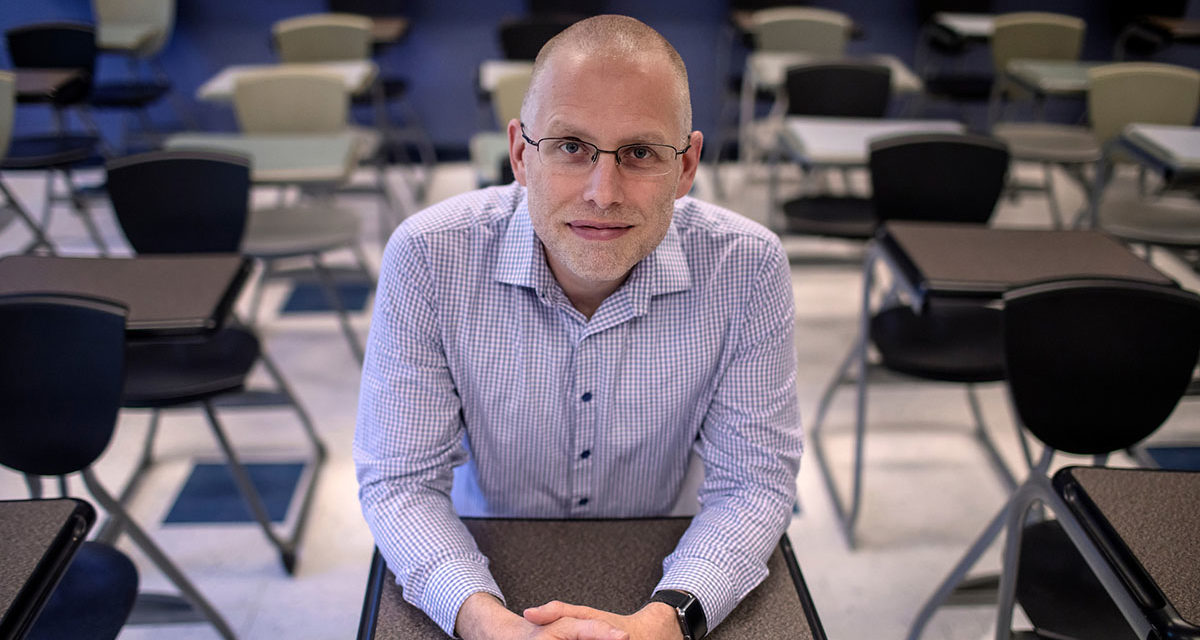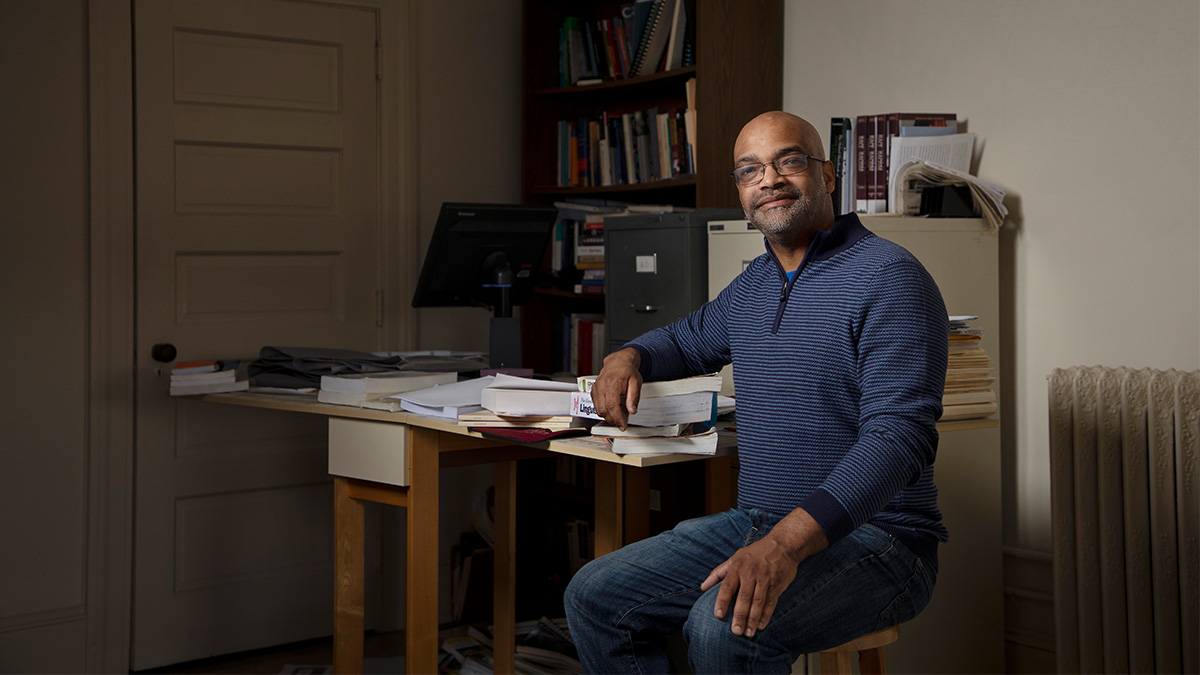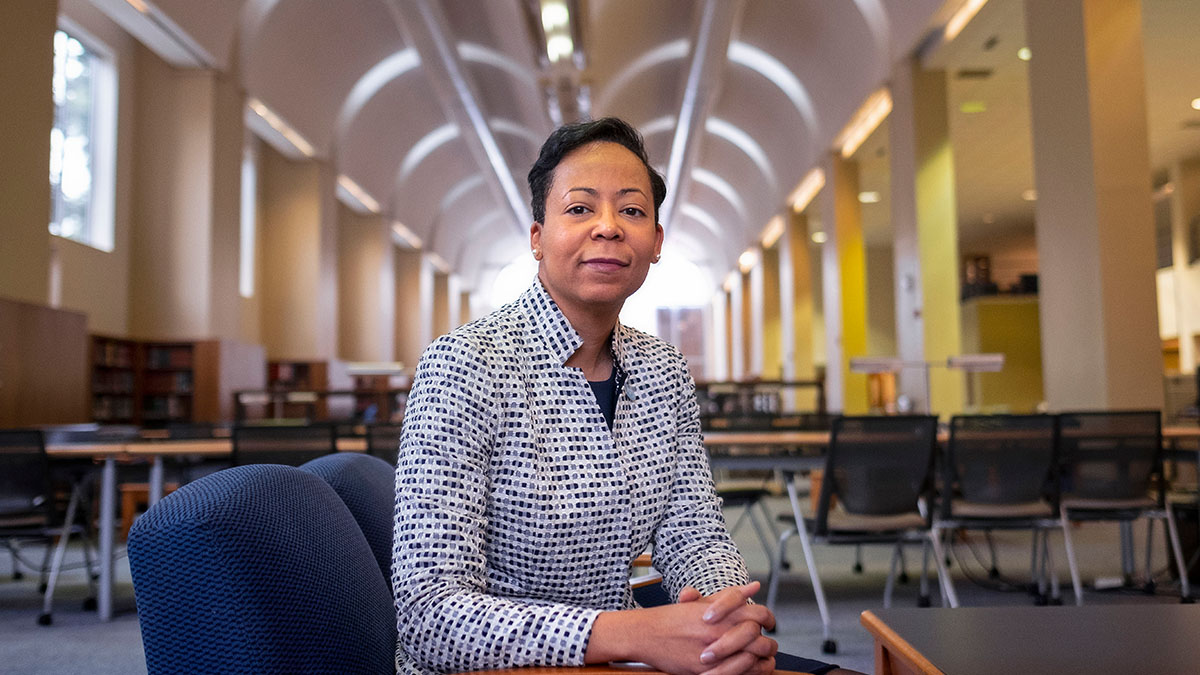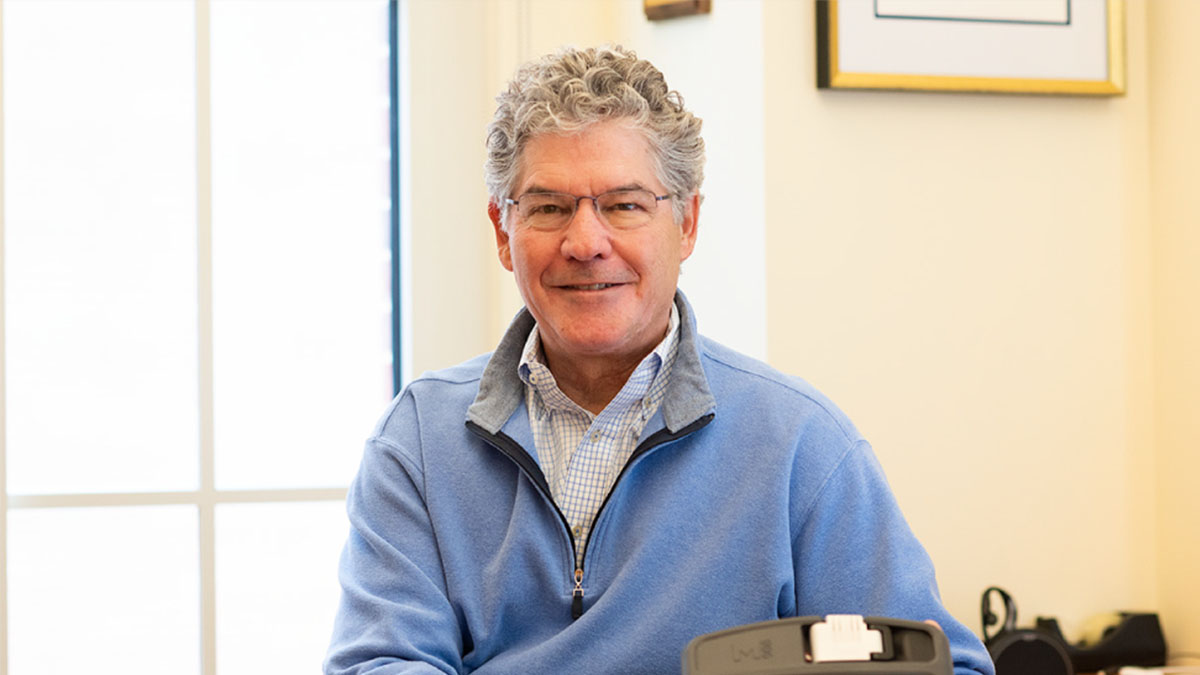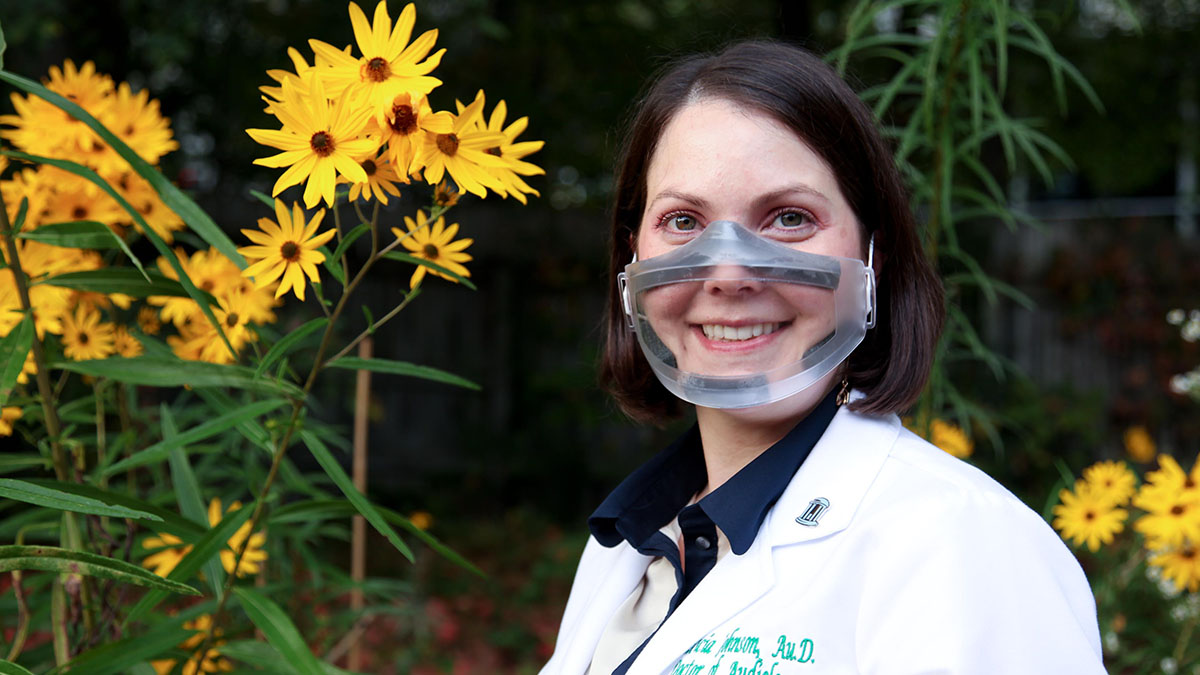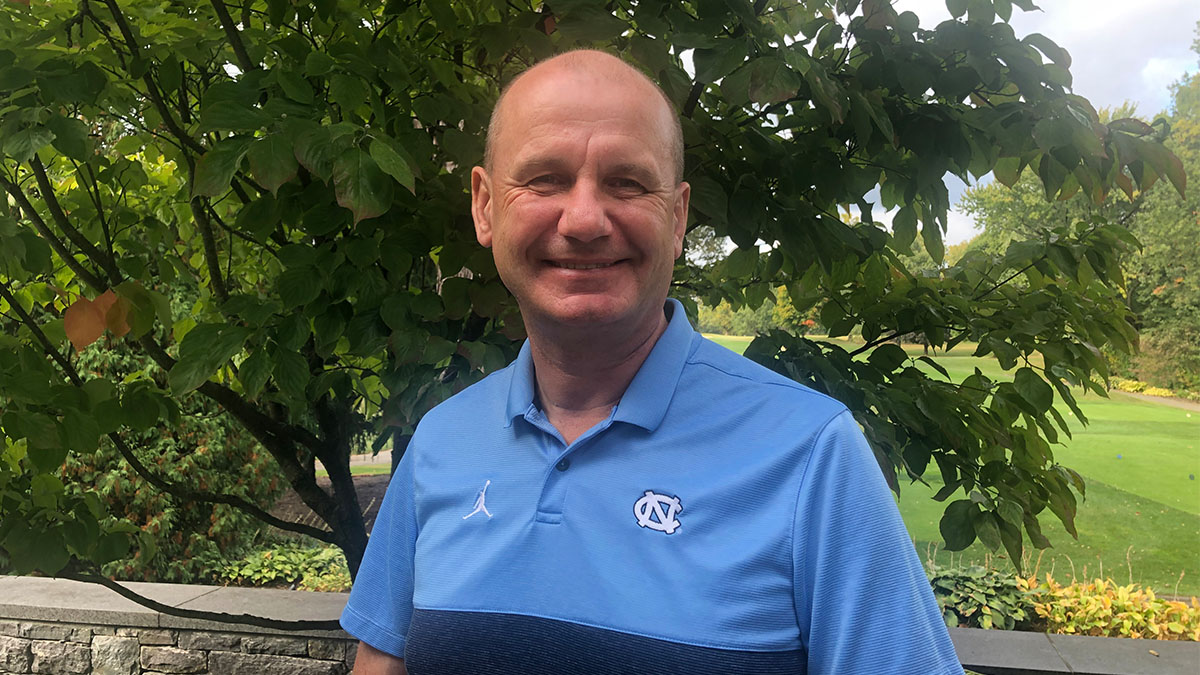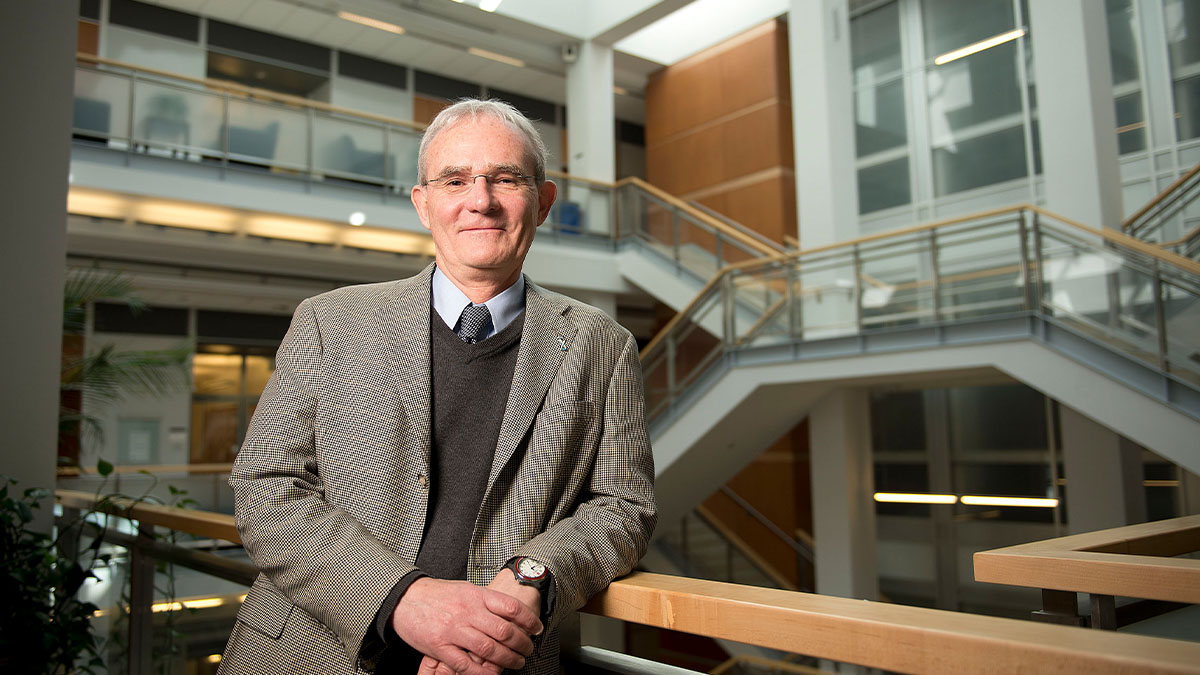Tune in to Focus Carolina during morning, noon and evening drive times and on the weekends to hear stories from faculty members at UNC and find out what ignites their passion for their work. Focus Carolina is an exclusive program on 97.9 The Hill WCHL, sponsored by the University of North Carolina at Chapel Hill.
Jeff Greene is the associate dean for academic affairs and director of graduate studies in the UNC School of Education, as well as an associate professor in the Learning Science and Psychological Studies Program.
In this special edition of “Focus Carolina,” Greene discusses some tips to help students stay engaged and learning while at home — tips that he has been putting into practice with his own children.
“In our family we have school days and weekends, and we’re trying to maintain school days,” said Greene. “So there’s time when the kids wake up, and then there’s time for breakfast and then time for learning activities and there’s time for fun and there’s time for connecting with their friends and connecting with their parents. We try not to schedule so restrictively that the kids feel like that every minute of their day is tied up with things that they have to do, but we try to find times during the day when they’re going to do the typical things that they would do.”
By leveraging his experience in studying the science of learning, Greene has worked to help people be better critical consumers and producers of information, particularly in online and technology environments. With kids learning at home and parents working remotely, the importance of setting and power of technology rings more true than ever.
“Humans tend to respond really well to locations that are consistent,” said Greene. “Most people have a place they work or a place they learn and a place they have fun, and you don’t want those to intermingle. If the child is trying to learn where they’re typically having fun, that can be distracting. Likewise, you want to try to find a place in the house where the child feels comfortable and is inviting but maybe not overly distracting — so not near a TV, not near music, not near whole lot of activity if at all possible.”
According to Greene, one of the most important parts of the learning process is to have a plan. Naming challenges and having strategy in place to overcome them is critical to reducing distractions and staying on-task — and that’s just as true for adults as it is for kids!
Greene’s work to understand how to help people be thoughtful users and producers of digital content, with particular interests in how people learn about science, socioscientific issues and history when online, has meant a significant amount of time studying the process of learning.
“When children are motivated to understand why they’re learning, they’re less likely to look at the clock and just consider it something that they have to endure and get through,” said Greene. “We actually have learned a lot about how to help people make the best use of their time when they’re learning. Just rereading material isn’t a really good strategy.”
Each child — and each human — processes and learns new information differently. While traditional pedagogic methods have their merits, they also have failings. The best approach, according to Greene, is to adapt to the learner.
“Students that write things down verbatim or word for word don’t tend to remember or understand things as well as they do writing things down in their own words, in their own way and connecting it to things they already know,” said Greene. “In addition, self testing is really powerful and old-school flash cards work really well .. The other one I’ve suggested is spacing out. It’s better to study one hour every day for three days than it is to stay for three hours on one day. So we want to encourage students to kind of space out, learning and revisit material over longer periods of time that will help them remember it and be able to use it.”
While children are learning at home, and parents are attempting to preserve normalcy and academic progress, it’s important to remember that thing don’t have to always stay the same.
“One thing that we try to do is very the kinds of information they encounter and the ways in which that information is encountered,” said Greene. “There’s lots of different ways you can encounter information and the more different ways you encounter it, the more engaging it is — and the more likely it is that you’ll remember it.”
Featured image via UNC-Chapel Hill

